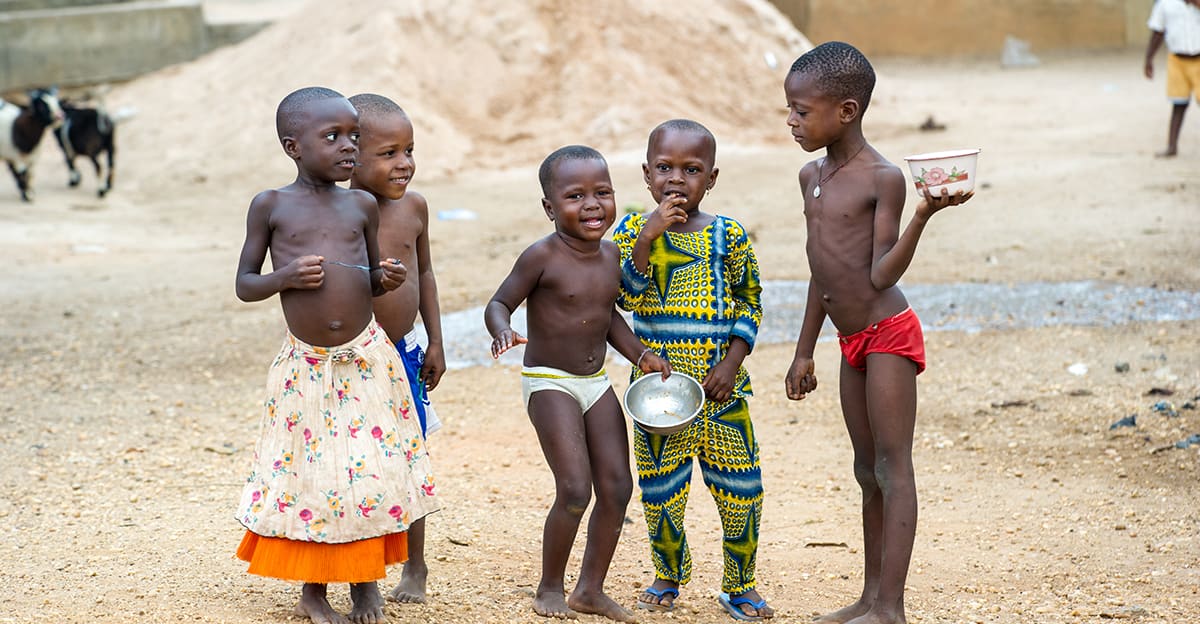Sierra Leone offers a wealth of resources and a future of longterm growth, but it’s only for those who can handle the ups and downs.

|
VITAL STATISTICS |
|---|
|
Location: West Africa |
|
Neighbors: Liberia, Guinea |
|
Capital city: Freetown |
|
Population (2019): 7,813,215 |
|
Official language: English |
|
GDP per capita (2019): $504.50 |
|
GDP growth (2019): 4.7% |
|
Inflation (2019): 14.8% |
|
Currency: Leone |
|
Investment promotion agency: Sierra Leone Investment & Export Promotion Agency |
|
Investment incentives available: Accelerated depreciation; tax loss carry forwards; import duty exemption on some types of equipment and materials for tourism investors; zero sales tax in some cases. |
|
Ease of Doing Business rank (2019): 163 |
|
Corruption Perceptions Index rank (2019): 119 |
|
Political risks: Accusations of corruption |
|
Security risks: : Fear of violence |
|
PROS |
|---|
|
Government plans to increase spending on agriculture and decrease public spending |
|
Desire of government to engage more with the private sector |
|
Government commitment to increase capital spending while reducing current spending |
|
CONS |
|---|
|
Bribery in the health care system considered to be second only to police corruption |
|
Poor and dilapidated infrastructure |
|
Excessive red tape |
|
Unreliable electricity supply |
|
Poor transportation |
|
Sources: allAfrica, BlackPast, CGTN Africa, CSR Wire, Fitch Solutions Group, International Monetary Fund, Politico SL, Reuters, Sierra Leone Telegraph, Transparency International, White Paper on the Report of Commission of Inquiry headed by the Hon. Sir Justice Biobele Georgewill, World Bank |
|
For more information, check out Global Finance‘s Sierra Leone Economic Report data page. |
Last year, Sierra Leone clocked 5.5% growth. This year, the Covid pandemic will drive the country’s economy into contraction—around 3%, by IMF estimates. Frontier market investors are used to such swings.
“The Sierra Leone market is volatile, but the swings mask a persistent, secular direction: upward,” says Solon Capital Partners, a West Africa-based investment firm with backing from UK development finance institution CDC Group. “For us, maximizing performance is not about trying to pick the peaks and troughs [but] about building resilient market champions who can ride out the volatility and capture the opportunity of that multi-decade trend-line.”
The country boasts vast mineral and resource wealth. A new, more stable government seeks economic diversification and enhanced competitiveness in agriculture, fisheries, and tourism. The current regime is keen to get new capacity-boosting infrastructure projects—power, water, roads, ports, and telecommunications—accomplished via investor-friendly regulation and public-private partnerships.
In recent years, Chinese companies have become active across Africa, and Sierra Leone is no exception. Recent and current projects financed or built by Chinese firms include: a hospital, a hydroelectric dam, rubber production, rice cultivation, stadiums, roads, bridges, and a fishing harbour. Mining, too, of course. Kingho Group expects to ship the first iron ore from its $6 billion mining complex in late 2020.
Other countries near and far find reason to enter Sierra Leone, including African neighbors Nigeria and Mauritius, as well as European and US companies. The US State Department remarks positively on the absence of “arbitrary discrimination against foreign companies” or restrictions on repatriation of profits. Tax policies are favorable to foreign investors.
Nectar Group, a UK-based logistics firm, first entered Sierra Leone in the 1980s with a bagging operation in Freetown tied to a USAID program. Today, Nectar is focused on fully realizing the potential of Freetown Port, a major import/export hub and one of the world’s deepest natural harbors.
To cope with Covid, Sierra Leone has received substantial help from multilateral institutions. The World Bank approved an International Development Association grant of $7.5 million, the International Monetary Fund approved a $143 million disbursement.
Still, the country faces a range of finance and governance problems, says Prince Jacob Macauley, an economist at Trust Alliance. Prior to the pandemic, the economy had been reeling from the 2014 Ebola crisis and a slump in ore prices. Another issue: corruption. A recent inquiry into the years 2007-2018 found widespread corruption by political leaders, including the misappropriation of funds from Sierra Leone Commercial Bank and elsewhere.
As a result, the new president, Julius Maada Bio, immediately ordered a review of mining and other contracts approved under his predecessor’s regime. The government already revoked some mining licenses and cancelled a $400 million airport project already fully funded by Chinese interests.
Those choices impact both revenues and GDP, but they signal an intention to follow other African governments, such as Tanzania, that have adopted resource-nationalist policies such as higher taxes on mining or other such extractive companies. That may temper foreign investment—and still be worth it for Sierra Leone.



